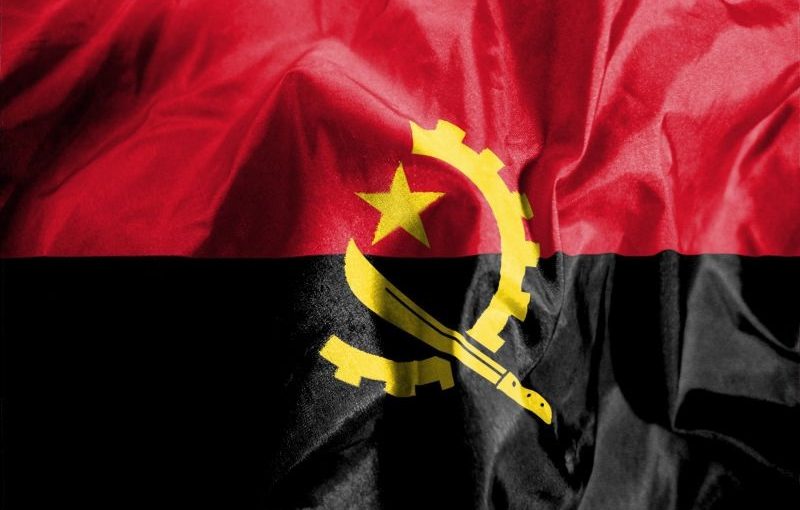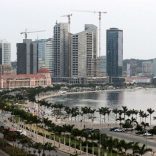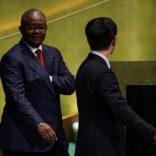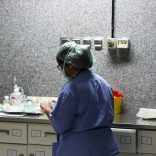Angola expects oil backed China loans to drop to $7.5 billion to $8 billion by year-end
Angola: Country remains on list of “not free” – Freedom House

Image: Lusa
Angola remains among the world’s “not free” countries and has recorded a decline in the areas of pluralism and political freedoms, according to a Freedom House report published on Wednesday.
The document recalled that Angola has been ruled by the same party since independence and that the authorities have systematically repressed political dissent.
In addition, corruption, procedural violations and abuses committed by security forces remain commonplace, Freedom House highlighted, noting that since the election of President João Lourenço in 2017, the government has eased some restrictions imposed on the press and society, but challenges remain.
The Washington-based non-governmental organisation (NGO) said that only 16% of the 49 sub-Saharan African countries have free status, 43% partially free and 41% not free.
Freedom House uses six criteria to make its assessment: electoral process, political participation and pluralism, functioning of the government, freedom of expression and religion, associative and organisational rights, rule of law and personal autonomy and individual rights.
In the document on Angola, Freedom House noted that the first local elections in Angola, planned for the end of last year, had been postponed due to the Covid-19 pandemic, with no new date set, leading some analysts to attribute the decision to the government’s reluctance to give up the power to appoint officials at municipal level.
It also highlighted that the government has privatised many media outlets, owned by members of the political and military elite but funded by the state, raising concerns about transparency concerning privatisation and, subsequently, with censorship in some organs.
They also note that the restrictions imposed by the pandemic were applied with violence by the police and the military, with the confinement measures being associated with killings and human rights violations.
In the field of political rights, Angola has taken a step backwards, the same as regards pluralism and political participation. At issue is the refusal of the Constitutional Court – aligned with the government – to allow the leader of the political force PRA-JA Servir Angola, Abel Chivukuvuku, to register the movement as a new political party.
“Although a multi-party system exists, competition is limited. The process of creating new political parties is fraught with bureaucratic obstacles and attempts at co-optation, factors that seriously undermine public confidence in new parties,” Freedom House said.
Citing irregularities in the process, the Constitutional Court in August 2020 rejected the legalisation of the party led by Abel Chivukuvuku. The ruling also imposed bureaucratic limits on the ability of Chivukuvuku and other party promoters to try to establish a new and different party in the coming years.
The court’s decision has been appealed.
Angola also has a low score on the functioning of the government and considers there to be few safeguards against corruption and operations linked to the government are generally opaque, the NGO said.












Leave a Reply
Be the First to Comment!
You must be logged in to post a comment.
You must be logged in to post a comment.